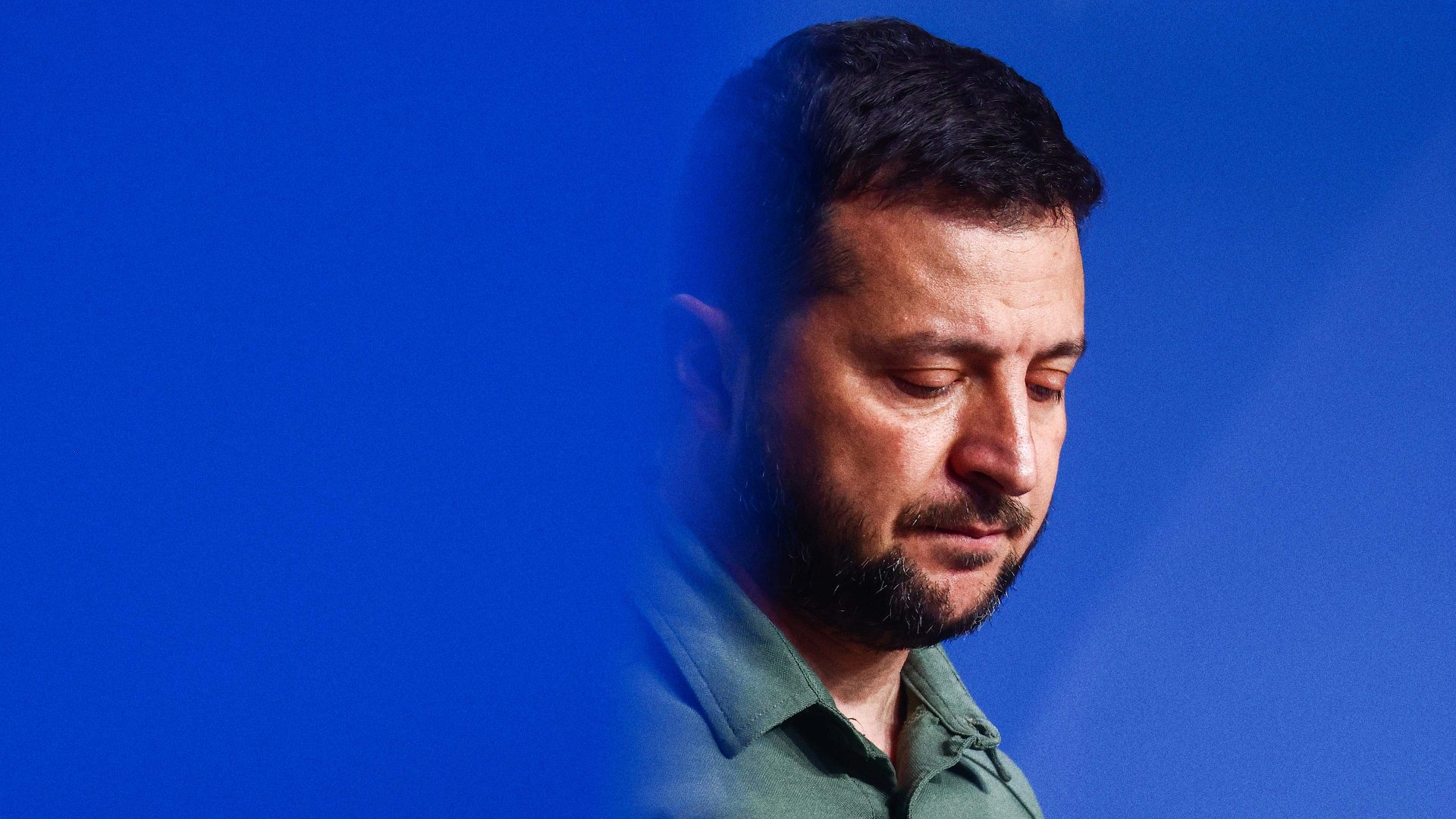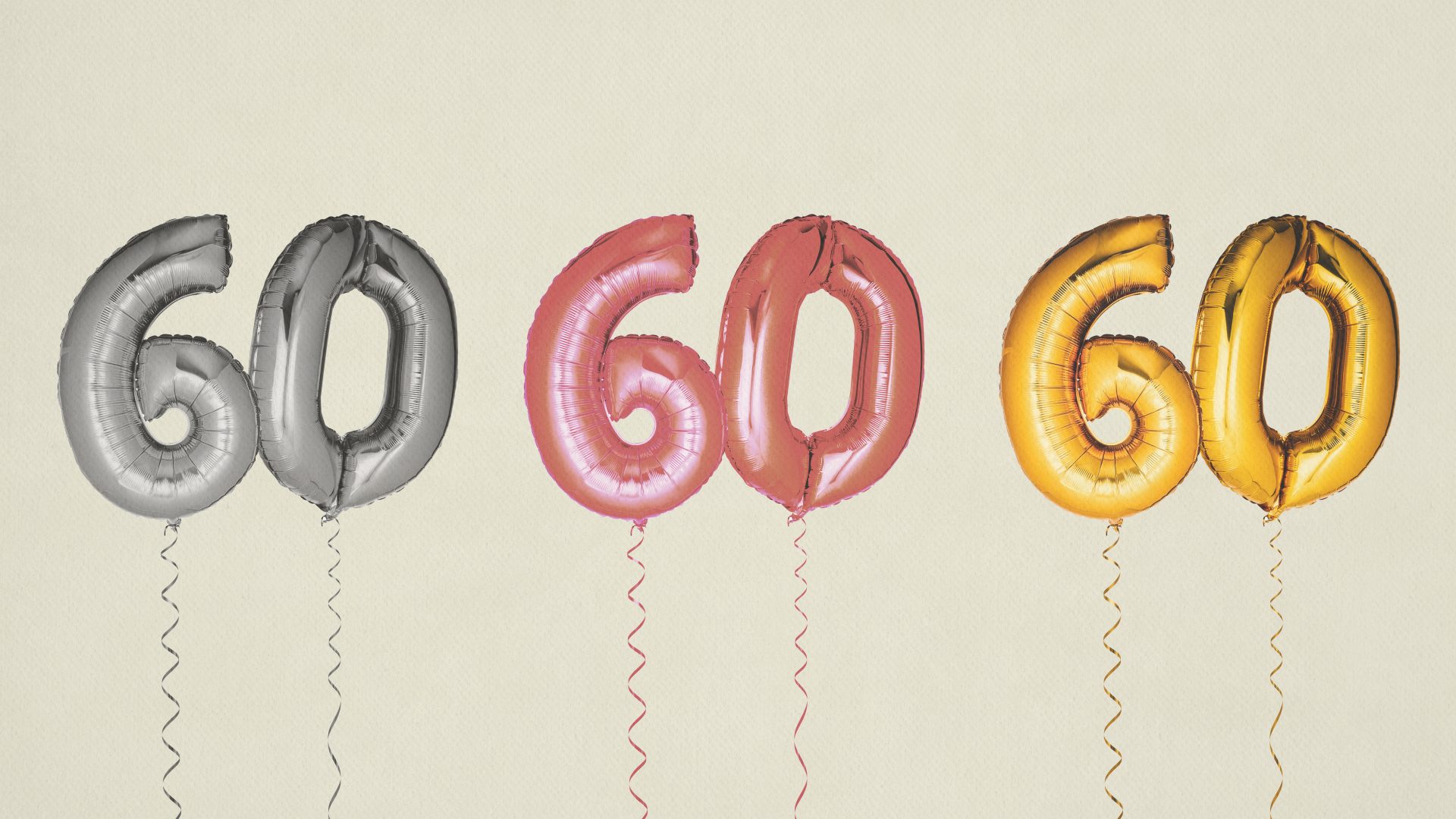The logic of the case is clear: Vladimir Putin has been humiliated by the fall of his Syrian vassal, Bashar al-Assad; Russia’s other significant ally in the Middle East, Iran, is reeling from the destruction of its proxies, Hezbollah and Hamas; the Kremlin’s intervention in Romania’s presidential election has been rumbled; and the Russian economy is in a desperate state.
So this is surely the moment for the free world to redouble its assistance to Ukraine, to enable Volodymyr Zelensky to repel the terrible invasion that began on February 24, 2022. As the historian Serhii Plokhy writes in his definitive account, The Russo-Ukrainian War (2023), this is an “old-fashioned imperial war”, an aggressive land grab of precisely the sort that the international rules-based order was established to oppose. If not now, when?
Instead, on January 20, Donald Trump will return to the White House, determined to end the conflict on terms that, by definition, will reward Putin for his illegal invasion. The president-elect’s claim that he could negotiate a settlement in “one day” is mere hyperbole. The Russian dictator swears by deceit, manipulation and atrocity and will only enter talks when he is good and ready. But he also knows that Trump, who regards continued support for Ukraine as a pointless drain on US resources, understands geopolitics in purely transactional terms and is untroubled by precedent or consequence, will cut him a decent deal.
In his interview with Time magazine to mark his nomination as Person of the Year, the president-elect declared once more his unshakeable intention “to reach an agreement”, and “vehemently” condemned Joe Biden’s decision last month to allow the use of long-range missiles to strike targets inside Russia: “Why are we doing that? We’re just escalating this war and making it worse”.
Asked by NBC’s Kristen Welker on the December 8 edition of Meet the Press whether Zelensky should brace himself for US aid to be cut, Trump replied: “Yeah. Probably. Sure”. With such casual language is decided the fate of a nation fighting for its life.
Look, too, at his nominations for the incoming administration. Pete Hegseth, Trump’s pick for defense, has said that he doesn’t “want American intervention driving deep into Europe and making [Putin] feel like he’s so much on his heels”.
Tulsi Gabbard, nominee to become director of national intelligence, has repeated Kremlin lies about western bio-labs in Ukraine and is referred to on Russian state media as “our girlfriend”.
Last month, Marco Rubio, designated as secretary of state, said that “what we are funding here is a stalemate war, and it needs to be brought to a conclusion”. Most vigorous of all is JD Vance, the vice president-elect, who said in September that Putin should retain all the land he has seized to date (Crimea and much of Luhansk, Kherson, Zaporizhzhia and Donetsk); that a demilitarised zone should be established along present battle lines; and (the real dagger in the back) that Ukraine “doesn’t join Nato, it doesn’t join some of these sort of allied institutions”.
Over Christmas, Mike Waltz, Trump’s pick for national security adviser, will be poring over competing plans, including a blueprint drawn up by General Keith Kellogg, nominated as special envoy for Ukraine and Russia, which, like Vance’s proposals, has at its heart the denial of Nato membership.
The precise form of the sell-out, in other words, has not been decided. But it is coming. And it is not only Trump who is to blame.
Suddenly, other heads of government are making bellicose noises about plugging the gap that will be left when America turns off the tap. Friedrich Merz, leader of the CDU and the frontrunner to succeed Olaf Scholz as Germany’s chancellor, said in Kyiv last week that a new European Contact Group, including the UK, should be formed to step into the breach. In which context: please note that Keir Starmer, five months into the job, has yet to fit Ukraine into his extensive international itinerary.
Last week, Kaja Kallas, the EU’s new high representative for foreign affairs and security, said that “if [the Americans] reduce the aid, then we need to continue supporting Ukraine, because I’m worried about what happens if Russia wins”. Indeed: but the time for Europe to worry about that was three years ago.
On December 12, Marc Rutte, Nato’s secretary general, insisted that “it is time to shift to a wartime mindset, and turbo-charge our defence production and defence spending” – a clear indication that he seeks a new expenditure target of 3% of GDP from all 32 member states. He is quite right. But all this is too little, too late.
To his credit, the Ukrainian president has sufficient strategic foresight to acknowledge the grim reality of what lies ahead. Driving into the Russian region of Kursk, he has sought to give himself a high-value bargaining chip and forced Putin to recruit troops from North Korea.
Meanwhile, Zelensky recognised on November 16 that the conflict “will end sooner” now that Trump is headed back to the Oval Office, adding that “for our part, we must do everything we can to ensure that this war ends next year”.
On December 7, he spent 30 minutes with the president-elect at the ceremonial reopening of Notre Dame. Without a steady supply of US cash and artillery shells, he cannot – as he well knows – defeat Russia. And so he must prepare the ground for a deal that he hoped he would never have to make.
One can only imagine what all this must cost Ukraine’s war leader, who stayed when he might have sought safety abroad (“I need ammunition, not a ride”); has rallied his people for more than 1,000 days; defied the odds by thwarting Putin’s initial bid to take Kyiv; and has relentlessly made the case for liberation to legislative assemblies all over the world, at international summits and even at showbusiness awards ceremonies.
With eloquence and vigour, he has tried to remind us of the principles that underpin the international liberal order. And yes, we have assisted him – but only up to a point.
Enough to stop him from losing and to enable us to parade our supranational virtue, to pat ourselves on the back. But never enough for him to win.
In the end, we always betray Ukraine. In modern times, the treacherous ratchet was first turned by the 1994 Budapest Memorandum, in which Ukraine pledged to hand over its nuclear stockpile, in return for the US, UK and Russia promising to “respect the independence and sovereignty and the existing borders of Ukraine” and “refrain from the threat or use of force against the territorial integrity or political independence of Ukraine”.
This was always a sham deal. Ukraine desperately needed international recognition and economic growth, and was exploitatively sold a bill of goods that, in practice, offered security assurances of negligible value.
An ignominious pattern was soon established. In 2008, France and Germany collaborated to frustrate the Bush administration’s bid to put Ukraine on the path to Nato membership.
Six years later, the west’s response to Putin’s annexation of Crimea was woefully half-hearted. Reflecting upon his premiership, David Cameron singled out the crisis of 2014 to me as the “disappointing chapter” – as well he might.
For his part, Barack Obama has insisted that “we challenged Putin with the tools that we had at the time given where Ukraine was at the time”. Another way of looking at it is that, yet again, Russia was sanctioned, slapped on the wrist – but not stopped.
As recently as July, the Washington DC summit to mark the 75th anniversary of Nato announced that Ukraine was on an “irreversible path” to membership – but failed conspicuously to provide a timetable for that all-important commitment. Virtue was signalled, but action not taken. Why, in all candour, would Putin not persist in his deranged, semi-mystical crusade to rebuild “Greater Russia”?
So much more is at stake in this conflict than is generally understood. Our support for Ukraine is not charitable but a classic instance of enlightened self-interest. If, as now seems overwhelmingly probable, Putin is granted a tranche of Ukrainian territory, a terrible concession will have been made.
The enemies of the free world will draw their own conclusions; noting that we deplore imperialism in the past more than in the present. The Baltic states will feel – and be – considerably more vulnerable. China will be emboldened as it weighs its options in the Taiwan Strait. Trust in America and its Nato partners as reliable allies will be further eroded. No less than Biden’s disastrous withdrawal from Kabul in 2021, the forthcoming betrayal of Ukraine will deal a terrible blow to the global security order on which all else depends.
In a world of commercial, digital, epidemiological, and ecological interconnectedness – a world in which at least seven million are already seeking asylum – there is no such thing as what Neville Chamberlain called “a quarrel in a faraway country, between people of whom we know nothing”. Yet the traumatic mistakes of the war on terror, the radically shortened attention span of 21st-
century democracies and the rise of the nationalist, isolationist right have conspired against the international will and collective urgency that was required to see off Putin.
We should look back with embarrassment upon those first months after the invasion: when social media was awash with Ukraine’s yellow and blue, when its national anthem was played at every public event and granted a standing ovation, when football players ran onto the pitch in its colours. Boris Johnson told the Commons that it should be “proud of what we have done already” and of the “unprecedented measures” that the UK government had taken and the manner in which it had “led the way” during the crisis.
In his State of the Union address in 2022, Biden boasted that “When the history of this era is written, Putin’s war on Ukraine will have left Russia weaker and the rest of the world stronger”. Even the normally wise New York Times columnist David Brooks identified “a restored faith in the west, in liberalism, in our community of nations”.
Yet that “faith” was a mirage. It reflected only a carnival of self-congratulation in the west; a great big group hug.
We didn’t give Zelensky what he needed, as quickly as he asked. We were donkeys, slowly but surely leaving a nation of lions in the lurch: and now the hour approaches when Putin and Trump will seal their devious deal.
It was all a very expensive pageant, wasn’t it? And in 2025, the west will creep away in shame, claiming that it is time for peace, dishonouring the struggle of the Ukrainian people, and storing up a world of trouble.




